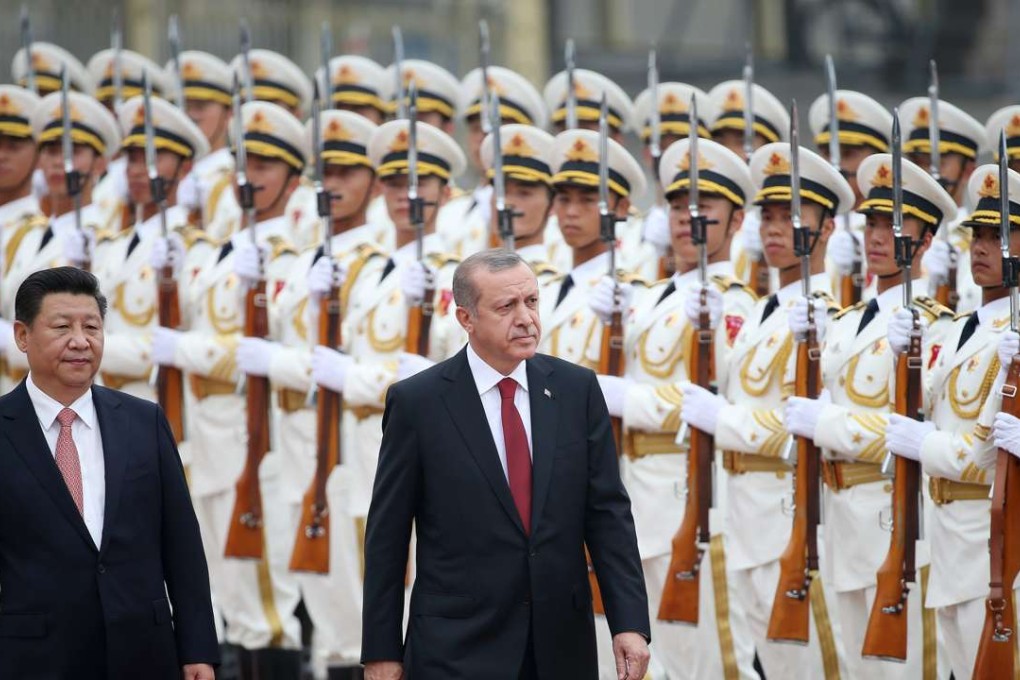China, Turkey must find common ground to defeat terrorism
Division over Uygurs is only adding fuel to the fire as seen in recent attacks against Chinese and Turkish targets

The role Uygurs from Xinjiang (新疆) had in the January 1 attack on a nightclub in Istanbul is still being investigated. An Uzbek national was arrested for shooting dead 39 people, but Muslims from the ethnic group in the semi-autonomous Chinese region are among the suspected accomplices. The Islamic State militant group claimed responsibility and the manner in which the atrocity was carried out points to organised terrorism. China and Turkey need to work closely to fight cross-border Islamic extremism.
Investigators originally believed the arrested man, Abdulkadir Masharipov, was a Chinese Muslim. Among those they subsequently also took in were several Uygurs from Central Asia and Xinjiang, a group targeted for recruitment by IS as terrorist fighters. Culturally, linguistically and religiously similar to Turks, unknown numbers have entered Turkey illegally or are fighting for an Islamic caliphate in neighbouring Syria and Iraq. Some battle-hardened Uygurs are thought to have returned to Xinjiang
Attacks against Han Chinese in Xinjiang, where the majority of the world’s Uygurs live, occur regularly. Hundreds of citizens have died, most recently in December when five were killed in a raid on Communist Party offices in Moyu county. A Uygur suicide bomber linked to the East Turkistan Islamic Movement struck the Chinese embassy in Kyrgyzstan last August, blowing himself up and injuring three staff. Turkey shares China’s concerns about Islamic terrorism, but suspicions between the sides run deep over Turkish support for Uygurs and the nation’s membership of Nato.